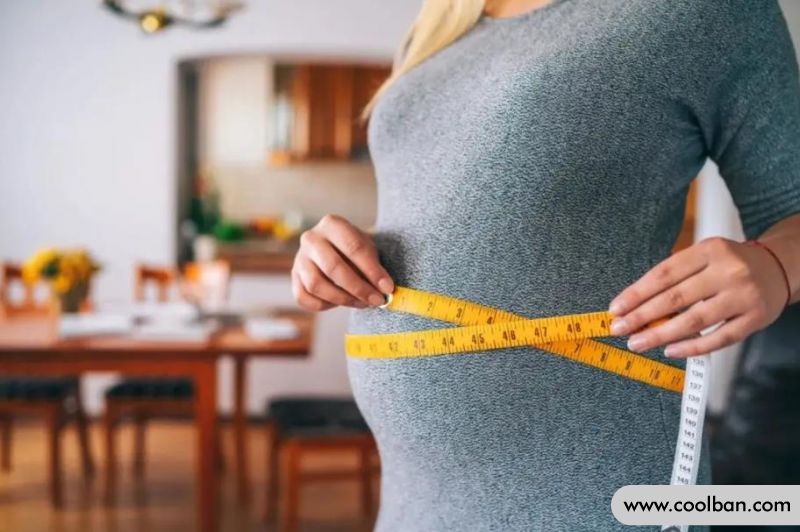Why do breasts hurt after pregnancy? How soon after fetal movement?
How long does it take to have breast tenderness during pregnancy
The breast is the baby's breadbasket after birth. Therefore, throughout pregnancy, breast development changes as the fetus develops to accommodate the needs of postpartum breastfeeding. Generally, breast tenderness will be more severe 4-6 weeks after pregnancy.
Breast enlargement is the most noticeable change any woman can see after pregnancy. Under the action of progesterone, pregnant women's breasts will slowly expand to ensure that there will be enough milk for the baby to eat in the future. During the 3-4 months of pregnancy, breast growth will be relatively fast, the growth rate will slow down in the second trimester, and the breasts of pregnant women will continue to increase in the third trimester.
Breast enlargement or pain after pregnancy is caused by changes in hormone levels. From the moment a fertilized egg hits the wall, changes occur in a woman's endocrine system. One of the most obvious signs is breast tenderness. This is caused by elevated hormone levels in pregnant women. This feeling of bloating is similar to what women feel before menstruation, only more intense.
Breast tenderness will improve significantly after 3 months of pregnancy, because from the second trimester, the pregnant woman's body has adapted to the hormonal changes during pregnancy.
For the symptoms of breast tenderness after pregnancy, pregnant women can relieve breast care methods such as hot compresses and massage. It should be noted that the breasts during this period are very fragile, and pregnant women should move gently during the nursing process to avoid damage to the nipples.

How long does it take to have fetal movement during pregnancy
In the early stages of pregnancy, the embryo is still very small, and the pregnant woman cannot feel the fetal movement. Only through the B-ultrasound can the subtle movements of the fetus be seen, and the mother-to-be will not be able to detect the first fetal movement until the second trimester of pregnancy. Generally, you can feel more obvious fetal movement around 5 months of pregnancy, but the specific time varies from person to person. Some people may feel the first fetal movement as early as 16 or 17 weeks of pregnancy, and some people may feel 20 weeks of pregnancy. It is normal to feel the first fetal movement left and right.
The initial fetal movement is also very slight and may be difficult to detect, but the movement will become more and more intense, but in the first few weeks of labor, due to the larger development of the fetus, the space in the uterus is relatively small, and the fetal movement will decrease in the third trimester.
The frequency, speed, and strength of fetal movements indicate the safety of the fetus. The normal obvious fetal movement is not less than 3-5 times per hour. The number of obvious fetal movements in 12 hours is more than 30-40 times. Some pregnant women are more sensitive and can feel fetal movement very early, while others need to feel fetal movement later. Generally speaking, pregnant women who are pregnant with their first child will feel fetal movement later, but pregnant women do not need to worry, because the lack of fetal movement does not mean that the fetus is not moving, it is probably because the fetus is too small and weak in movement. The magnitude is not large, you can't feel it, as long as the examination is normal, the fetus will be fine.
